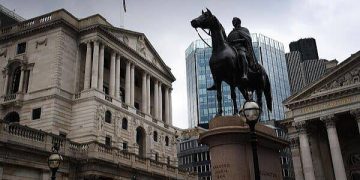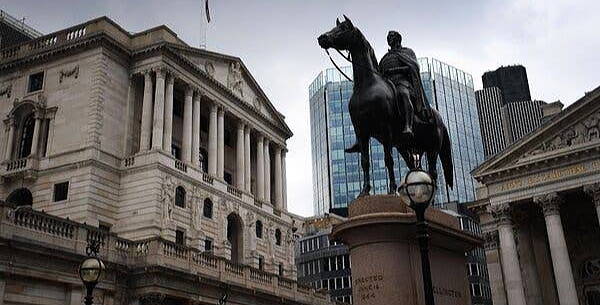By John Ikani
British inflation has accelerated to the highest level for 41 years, driven by soaring energy, food, and transport prices in a worsening cost-of-living crisis, official data showed Wednesday.
The Consumer Prices Index hit 11.1 percent in October, reaching the highest level since 1981 and up from 10.1% in September, the Office for National Statistics (ONS) said in a statement.
Food and non-alcoholic beverage prices rose by 16.4% in the 12 months through to October 2022, up from 14.6% in September. Energy bills rose in October despite the government decision to cap the annual amount paid by the average household at £2500.
UK’s prime minister Rishi Sunak will announce the British budget this Thursday and may need to squeeze the Brits hard to fill in the budget gap. According to a survey on Bloomberg, Britain needs £185 billion pounds to fund its budget.
But because Liz Truss’ tax cuts backfired big time, Rishi Sunak will be relatively comfortable in announcing higher taxes, including windfall taxes on energy companies’ eye-watering profits.
The latest figures also come ahead of Thursday’s Autumn Statement, in which Chancellor Jeremy Hunt is expected to announce billions of pounds worth of public spending cuts and tax rises.
Mr Hunt said his plans would aim to bring spiralling price rises under control, adding that he would take “tough but necessary decisions” to get the economy back on track.
But Labour’s shadow chancellor Rachel Reeves said the surging inflation rate would “strike more fear in the heart of families across Britain” and blamed “12 years of Tory economic failure”.
The rise has been anticipated by the Bank of England (BoE) in its latest quarterly monetary policy report. Threadneedle Street said inflation would remain high and only fall back to 10% in the first three months of 2023.
The BoE has put up interest rates to 3% in a bid to cool inflation. It hopes that by making borrowing money more expensive, people will spend less, demand will decrease and the pace of price rises will be curbed.
But higher rates are driving up the cost of mortgages and other loans.
The squeeze on spending is dragging on the UK economy which is likely to enter a recession at the end of the year.




































